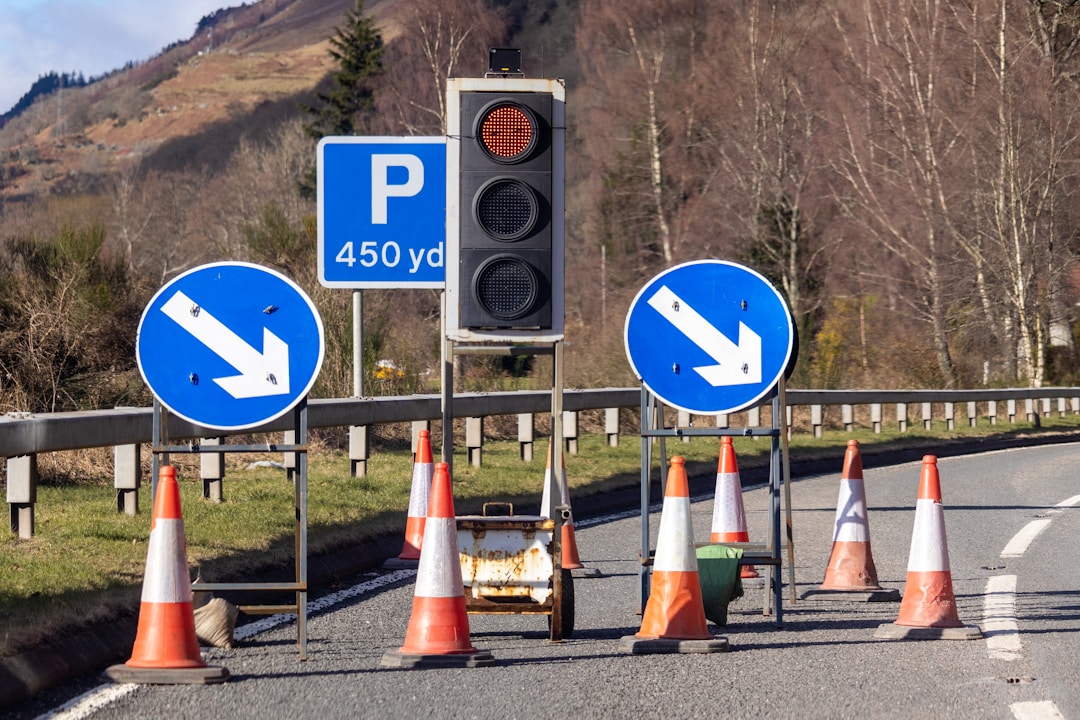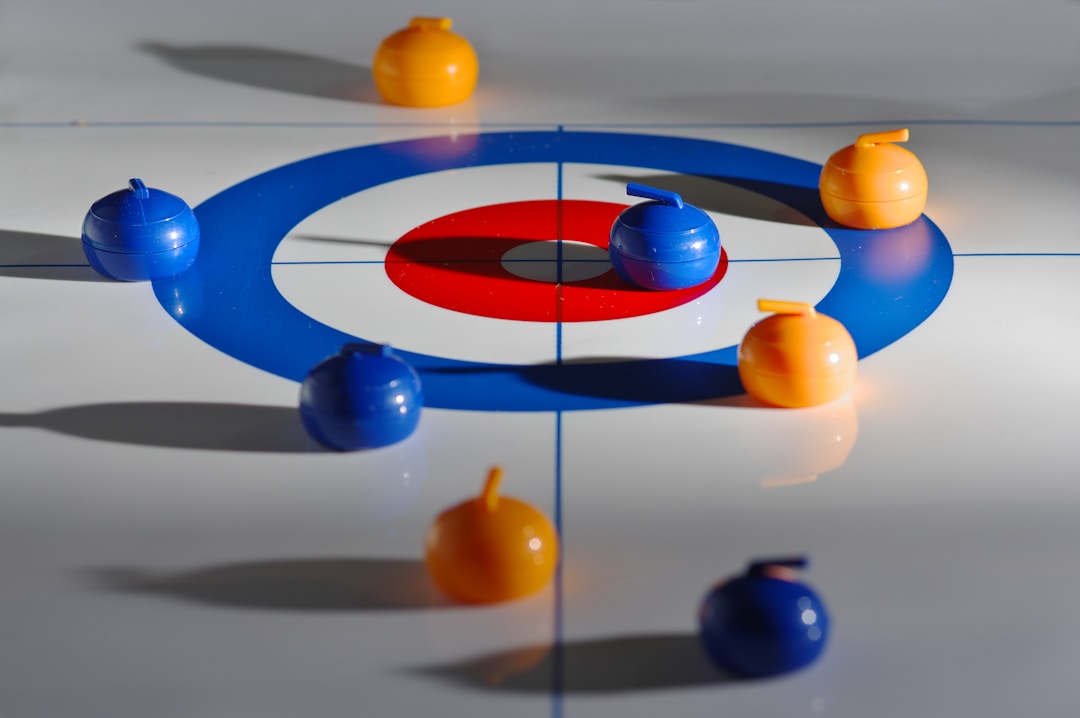Inspired from a post of Ray Dalio, the idea of being an imperfectionist is not just a fun game, but has consequences on our ability to learn and be resilient.
This morning I found this image on Linkedin, as one of the #principleoftheday by Ray Dalio. And felt it really resonates to my view of the world. As everybody who knows me well knows, I’m far from being a perfectionist. I prefer getting things done, rather than thinking too much on the tiniest details of the action.
Perfectionists spend too much time on little differences at the margins at the expense of the important things. There are typically just five to ten important factors to consider when making a decision. It is important to understand these really well, though the marginal gains of studying even the important things past a certain point are limited.Ray Dalio, Be an Imperfectionist
I think execution requires a lot of drive, and too often perfection simply is an excess that doesn’t really add value, as perfectly illustrated by The Perfectionist Scaledrawing by Bev Webb below.

Perfectionism is the belief that if we live perfect, look perfect, and act perfect, we’ll escape the pain of criticism, ridicule, judgment, and shame. It’s a shield. Perfectionism is a 20-ton shield that we lug around thinking it will protect us, when, in fact, it’s the thing that’s really preventing us from taking flight.Brené Brown, The gifts of imperfection
Being an Imperfectionist however doesn’t mean not striving for Excellence, or sometimes simply focusing on “Good Enough” as I wrote previously.
The self-destructive traits of Perfectionism
Again, following Brené Brown research, we can identify 4 traits that make perfectionism a self-destructive force:
- Perfectionism is a self-destructive and addictive belief system that fuels this primary thought: If I look perfect and do everything perfectly, I can avoid or minimize the painful feelings of blame, judgement, and shame.
- Perfectionism is an unattainable goal. It’s more about perception than internal motivation, and there is no way to control perception, no matter how much time and energy is spent trying.
- Perfectionism is addictive, because when we invariably do experience shame, judgement and blame, we often believe it’s because we weren’t perfect enough. Rather than questioning the faulty logic of perfectionism, we become even more entrenched in our quest to look and do everything just right.
- Perfectionism actually sets us up to feel shame, judgement and blame, which then leads to more shame, judgement and blame: It’s my fault. I’m feeling this way because I’m not good enough.
This also means that when we think about Perfectionism we need to understand that it is not about It’s not about healthy achievement and growth, but rather we need to consider it a defensive move. It’s also not about self-improvement, because it is more about trying to constantly earn approval from others, and thus drives anxiety, addiction and missed opportunities. It is more a function of shame rather than of an inner push for quality.
There are many lists online about what an Imperfectionist is and/or can be. Where the key is the famous saying Done is better than perfect, to underline how often the dragging for perfection does not add any additional value, as Dalio mentioned.
There are of course other views on perfectionism, and some have moved away from the assumption that all of perfectionism is maladaptive. However, I feel the distinction stays, as the more widely accepted definition by most people is that of excessive zealous in execution.
Becoming a Perfect Imperfectionist
So, how do you get away from pure Perfectionism? Internalising the 80/20 rule or Pareto Principle. We have seen this principle in my article on Strategy Frameworks, but I believe this is really a great principle for life as such. Ensure you concentrate on the 20% that delivers 80% of the results.
This is also the message of Christopher Barrow, how has a blog named Letters from a Perfect Imperfectionist. He has written an e-book The Perfect Imperfectionist that he defines as the freedom to be effective 80% of the time and a mess the other 20%. In it, he proposes 11 self-help steps that can help to move away from perfectionism and enjoy a healthier life. I’m not sure how much they are all relevant to everybody, but there are some very good messages. Below a short video that summarises the 11 steps.
It concludes with a key message: you are already the perfect version of yourself. A true statement of self-awareness, that can free us from all the psychological and performance pressure we all live onto every day.
Me, the Imperfectionist
Some years ago I had written an article in Italian about Wabi-Sabi, a Japanese world view that is centred on the acceptance of imperfection. It struck me the existence of an entire philosophy that would celebrate imperfection.

I still think we should consider this a gift. Because that view of the world is the key in allowing us to learn from errors. If everything would be perfect, we would also cease to be curious. Plus, it allows us to be more resilient, as we can consider multiple ways to get things done.
So, how imperfect are you today?

Comments and Feedbacks
Cover Image: Ray Dalio
More posts like this










